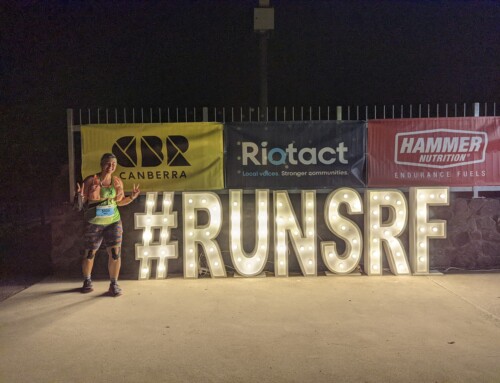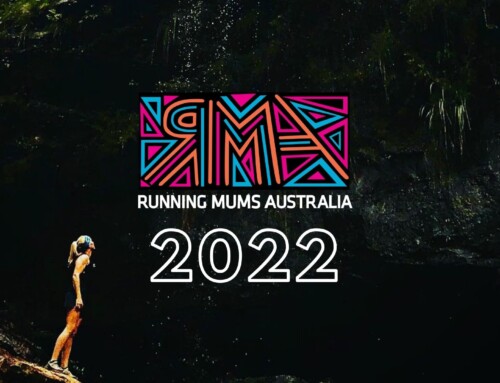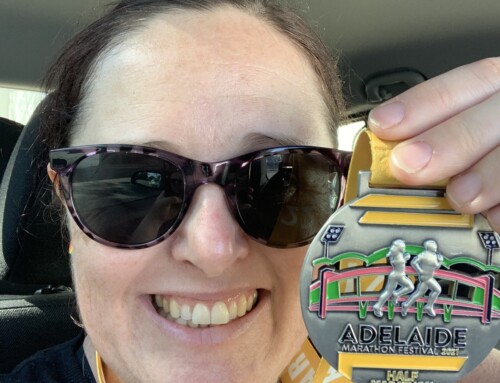Running encompasses so much, and the ‘runner’ as typically thought has changed so much. Now just about anyone can be a ‘runner’. This also means that all that encompasses running, from events to gear to how we celebrate running has shifted. The change is in the motivators; what drives people now to be runners. At Running Mums Australia the drive is not only personal for many, but social, and a form of connection and belonging. I believe we do that best, and we champion this type of ‘runner’. Fast or slow, young or old, whatever the terrain…we champion you, the female recreational runner. The runner that society needs to know more about.
The sport of running has changed markedly in the last decade. The most pronounced global shift has been in women’s running. With a wider variety of competitive distance options now available and greater accessibility to training groups and support networks, women are attracted to the sport in increased numbers. In the same period, recreational running or running motivated by things other than competition and speed has also bourgeoned. The explosion in memberships of groups such as Running Mums Australia and participant levels in Park run events nationally, demonstrate this trend. It remains to be seen whether it’s the female demographic that is defining the recreational running landscape or whether there is a reciprocal relationship driven by a general shift in motivation.
So what is a recreational runner? There’s a common misconception that the term recreational is synonymous with slow. To me, characterising a runner as recreational, speaks to their motivators rather than their speed. It is true, that many recreational runners are not going to compete at an Olympic Games or break a world record. Some run 5min pace, some 3mins per km others struggle maintaining an 8 min tempo. Pace is relative and it really doesn’t matter. Why? Because for recreational runners, these goals are not what gets them out the door. That is, they do no necessarily want to be the next Bolt or Freeman.
To demonstrate the relativities of speed, even among the section of athletes that would characterise themselves as serious, competitive, or elite, less than 1% of these runners would reach the heights of the sport or run ‘fast’ enough to qualify for an Olympics or World Championship, let alone stand on a podium. Indeed, many of our Australian Olympians struggle to make an international final in their chosen event. This is not to detract from their obvious talent, achievement, commitment, sacrifice or hard work. These athletes remain an important cross-section of our sport that deserve funding, support and our praise. However, what this example does highlight is the relativities of speed as a value gauge.
I believe participation is the primary value gauge of our sport. Some of you might be surprised to learn that well over 50% of entrants at most major running events and at Parkruns around the country are women. Moreover, the rate of participation from this group continues to climb. They are older women, who are motivated by challenge, fun, having a go, weight loss, and escape. Some are also motivated by speed and competition but they are not representative of this group.
So what does this all mean? If you ask me, it means that running, as a sport is different to what many of us think it is. It means that a ‘typical runner’ is not the young male or female athlete we see victorious on event day. A ‘typical runner’ is:
- Female;
- over the age of 28;
- perhaps has a family; and
- maybe a couple of kgs to lose.
She enters events to connect with others and to be with others. She runs to have fun, to challenge herself, and to achieve new goals.
Our sport is predominantly made up of this ‘typical runner’. They are not just a cross-section of the sport- they are now the resounding majority. It is about time these runners were represented, heard, and serviced. Of course, part of that responsibility rests within the demographic itself. The rest is about the governance, event and administrative levels of the sport playing catch up.
Running has already been redefined. The avalanche has cleared much of its path. As a sport, we can acknowledge its presence and work towards being part of the momentum, or be crushed by its force and displaced by the new landscape.
-Anna Fitzgerald.







What a great read. Full of encouragement and hope.
Great Blog to celebrate International Women’s Day. Thanks Anna ❤???♀️
Great article Anna. Spot on point as to the current running boom at least in Australia if not World Wide.